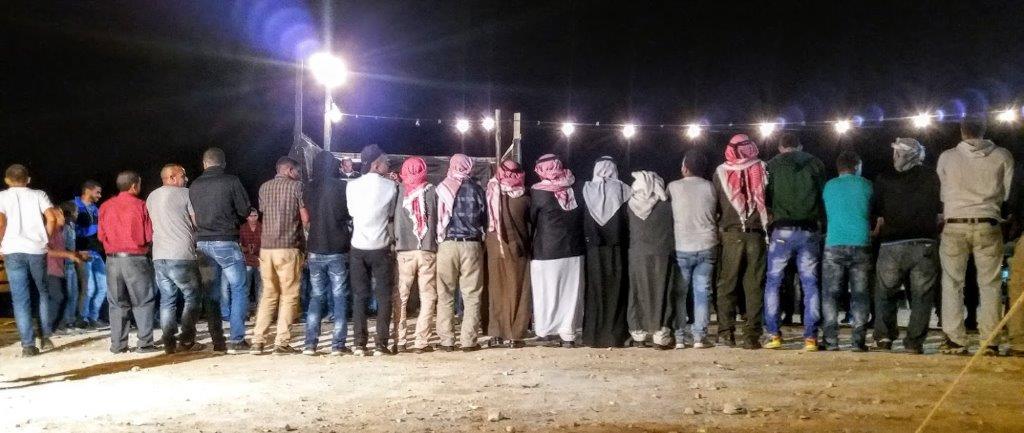
Written Language
For many people in North America or Western Europe writing is central and technology is making this easier. We use writing for agreements, notes, invitations, reminders, messages of friendship, etc. We communicate regularly by letter, fax, email, chat, or text message (SMS). In contrast, there is hardly any writing in Bedouin life. Among the Bedouins, there is a clear preference to meet and see the other person’s face and if this is not possible, they will communicate through their cellular phones. Although there are exceptions, many of the matters a Westerner would write down seem among the Bedouins to be remembered and dealt with orally; agreements, calculations, and history in general. Even the sheikh’s office does not have written documents.
When Bashar does need to write something, like an email, he will invest much more time and effort than I would in a similar situation. This is not simply because of his limited knowledge of English, but primarily because he will consider every word, trying – in his words – “to reach the other’s heart”. Therefore, he will be more concerned about the style of his writing and the impression his email will make on the receiver than about the facts. Originality is of less importance. We could compare this with the preference of many Palestinians on social networks, like Facebook or Hi5, for copying and forwarding eloquent quotes over writing original text. It seems that at least in this aspect Palestinians prefer not to deal with the uncertainty of originality. This preference by Palestinians for quoting over creating could be explained as well by their lower emphasis on individualism than on collectivism.
A Foreign Language
Arabic is the native language of the Bedouins. Many adult Bedouins, in particular those who in former years were more oriented toward Israel and worked there, speak some Hebrew. However, in the present political context Palestinians are reluctant to speak Hebrew. The more educated Bedouins may know some basic English, but this is the exception. Bashar speaks several forms – or in his words “several languages” – of Arabic, and some Hebrew and English, the latter two languages we have in common. Because of the political climate, also he would not always feel comfortable talking with me in Hebrew.








